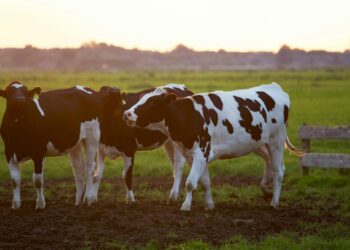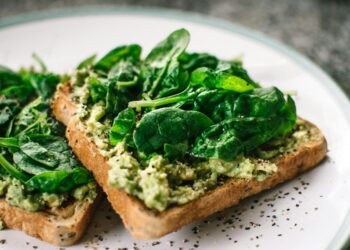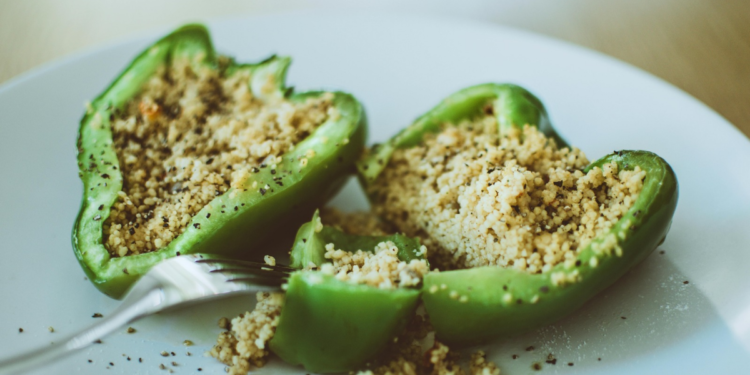Have you ever seen someone who is an avid meat eater who finds it impossible to prepare or eat any delicacy without meat? Then, all of a sudden, the person has no interest in meat, and you start to wonder, why all of the fuss? Increasing health consciousness and greater knowledge of animal cruelty have led to a recent global interest in veganism among an increasing number of people.
Veganism is a lifestyle and nutritional choice that involves abstaining from all animal products, as well as avoiding animal-derived materials like leather and wool. This trend represents a global shift toward more sustainable and humane lifestyle choices. This article will help you understand what veganism is, why individuals choose it, and what it entails.

Core Motivations of Vegans
Ethical Concerns: Many vegans are motivated primarily by a desire to improve animal welfare. They believe that animals deserve to be free of cruelty and suffering. Factory farming techniques, in which animals are frequently confined in tight and unclean conditions, are a serious concern. Vegans believe that animals, like humans, are sentient beings capable of experiencing pain, fear, and misery, and they advocate for more compassionate treatment of animals in the food industry.
Environmental Impact: The ecology can greatly benefit from a vegan lifestyle. People can safeguard the environment by avoiding animal products since animal production requires a lot of water and land and produces a lot of pollution.
Health Benefits: A vegan diet can be nutritious since it includes plenty of fruits, vegetables, grains, nuts, and seeds that are excellent for you. According to research, vegans are less likely to develop chronic diseases such as heart disease, high blood pressure, and some types of cancer.
What Are The Things Vegans Avoid?
Vegans avoid not only consuming animal products, but also using animal-derived items. This comprises materials such as leather, wool, silk, and others. Instead, they choose cruelty-free alternatives (meaning no animals were hurt or tested during the manufacturing process) made of synthetic or plant-based materials.
Vegans value ethical shopping methods. When vegans pick cruelty-free alternatives, they are supporting companies that value ethical and sustainable activities.
What Is The Common Concern People Have About Vegans?
Many people are concerned that vegans will not obtain enough protein in their diets because genuine protein comes from animal products such as chicken, turkey, beef, and fish. However, there are numerous plant-based protein options accessible.

Beans, lentils, nuts, seeds, tofu, and tempeh are high in protein and can readily satisfy the body’s requirements. Vegans must consume a well-balanced diet that includes a range of plant-based meals in order to obtain all of the necessary nutrients.
What Are The Basic Tips For Vegan Beginners?
Making the switch to a vegan diet may be both thrilling and intimidating. However, becoming a vegan is not a novel experience; many famous people, including chefs, have made the switch, so it’s not a lonely road. A lot of resources and tips are available to help you in your path. Let’s explore a few of them.
Cookbooks: There are numerous cookbooks that dig into the world of vegan culinary arts, catering to all skill levels. These cookbooks include everything from simple snacks to full-course meals.
Blogs: There are numerous vegan blogs that provide recipe inspiration, recommendations, and assistance on converting to a vegan lifestyle. Websites such as Minimalist Baker and Oh She Glows provide a diverse range of vegan recipes appropriate for novices.
Online Communities: As previously stated, this is not a lonely path. There are online vegan communities and forums where you can interact with others who share your beliefs, ask questions, and get support and encouragement along the way. Reddit’s r/vegan and Veganuary’s online community are excellent places to start.
Note: Nothing happens overnight, including the vegan switch. Instead of attempting to become vegan overnight, consider gradually introducing more plant-based foods into your diet. Begin by replacing one or two animal-based meals per week with plant-based options. Diversify your diet by trying new fruits, vegetables, grains, and legumes.
Summary
Simply put, turning vegan means caring for animals, the environment, and your health. You can get a lot of support from books, blogs, and internet friends. Begin gradually, substituting out some meals for plant-based options. And remember, there are more vegan options than ever before, making it easy for everyone to become involved.

















